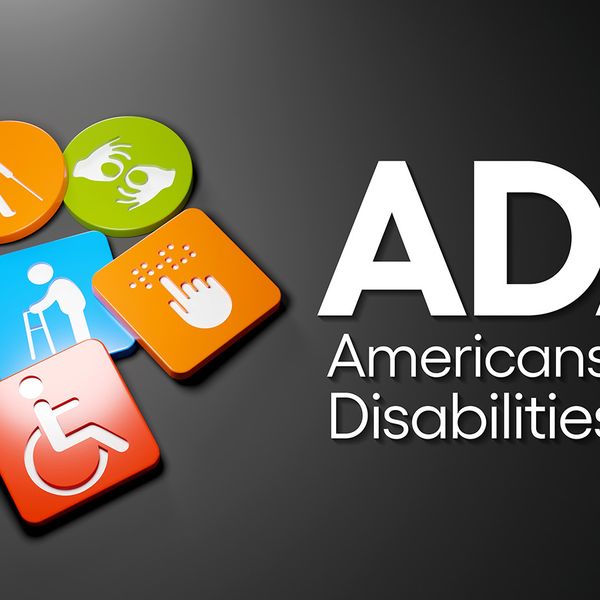‘Why didn’t you tell me during the interview?’ Disability discrimination in hiring
A Maryland medical clinic fired a newly hired scheduling assistant on her first day of work. The termination came shortly after she requested reasonable accommodations for her visual impairments, which she hadn’t disclosed (and was not obligated to disclose) before hire.
The U.S. Equal Employment Opportunity Commission (EEOC) recently filed a lawsuit charging the clinic with discrimination.
Clinic questioned, ignored, then fired assistant
After the employee told the clinic about her vision impairments and need for accommodation, they asked why she didn’t bring these issues up during her interview, according to the EEOC’s lawsuit. They immediately terminated her.
The employer ignored her subsequent requests to remain employed. The clinic also ignored further suggestions for accommodations, the EEOC said.
Must applicants disclose disabilities?
The federal Americans with Disabilities Act (ADA) doesn’t require job applicants to tell employers about their need for a reasonable accommodation to perform their job at any particular time.
This information does not need to be disclosed:
- On a job application,
- During a phone screening, or
- In the interview (unless the applicant needs an accommodation to go through the hiring process).
Sometimes, job applicants don’t know they will need an accommodation until they have more information about the job, its requirements, and the work environment.
Some applicants choose to tell employers as soon as they have a better understanding of the job and its requirements, even before they get a job offer. Others wait until after the job offer. Either is fine, and employers may not make discriminatory employment decisions based on what’s been revealed.
May employers ask all applicants if they need an accommodation?
Generally, employers may not ask all applicants whether they would need an accommodation to perform a job. The reason is that the answer to this question is likely to reveal whether an applicant has a disability.
If, however, the employer knows that an applicant has a disability (i.e., it’s obvious), it may ask whether the applicant might need an accommodation to perform a specific task. In a case like this, the employer may ask whether the applicant would need a reasonable accommodation to perform that task.
If the applicant indicates that accommodation will be necessary, then the employer may ask what is needed.
How essential job functions fit in
Employers may not outright refuse to hire people with disabilities based their perception or fear of how the disability might impact the applicant being able to work based on:
- A slightly increased risk of the disability having an impact,
- Speculation about future risk of an impact, or
- A generalization about the disability.
Employers must consider whether a risk can be eliminated or reduced to an acceptable level with a reasonable accommodation.
Employers don’t have to hire applicants who are unable to perform the job’s essential functions, even with reasonable accommodation. If an individual is unable to perform minor, non-essential job duties, however, that doesn’t count.
What about safety issues?
Employers may refuse to hire someone if the disability poses a significant risk of substantial harm to themselves or others. If employers have safety concerns, they must assess the level of risk and the nature of the harm.
As part of this, they may ask the applicant questions about prior work experience. They may also ask for reasonable medical information related to workplace health and safety.
Key to remember: Disability discrimination in hiring happens when employers make assumptions about a job applicant’s capabilities.























































